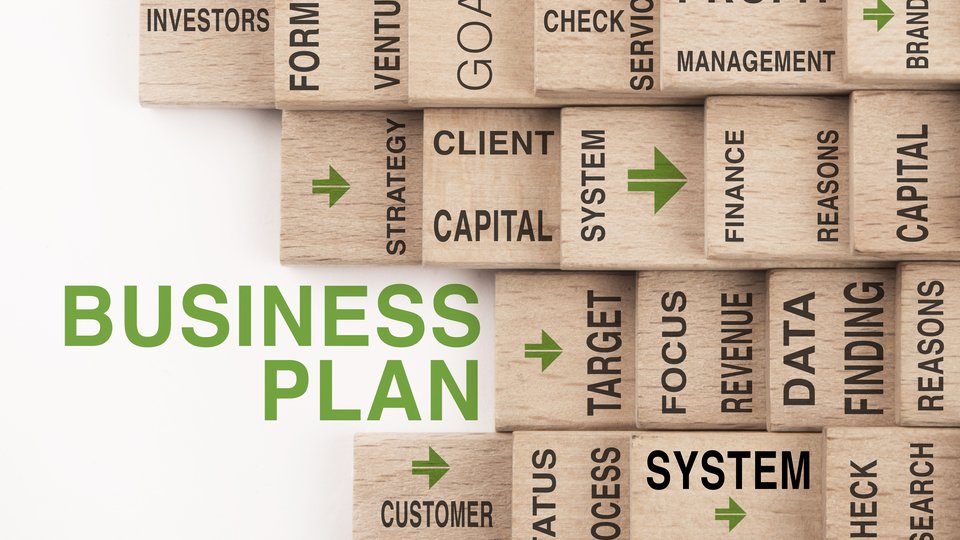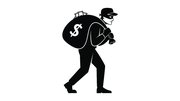Blog
Hey Washington, get your 'Act' together

April 10, 2020 by Pat Shea — Editor, NetworldMedia
I'm in New York, which I suppose might explain why, when anyone I talk to in the ATM industry asks me where I'm from, there's this brief pause and a few seconds of silence. Yes, I live in the state known as the "epicenter" of the coronavirus, and even though I am on Long Island, which is about an hour outside of Manhattan, there are signs everywhere (if you actually go out for supplies, that is) that life is anything but normal.
What is most prevalent in my small town are the hand-printed signs that say, "Sorry, we're closed due to Coronavirus." These aren't major restaurant chains or big-box retailers: these are the small businesses I have come to trust in my town. It's my gym. My card store. My deli. My church. My hair salon (thank goodness my headshot for this magazine was taken before the lockdown) and my nail salon. All small businesses. All with ATMs inside, and all — with the exception of the deli — closed until further notice because they are considered "non-essential."
I've been concerned, wondering if I'd see any of these businesses open again. My gym only opened five months ago and despite a valiant effort to load workout videos online, you can almost sense the owner's panic when he signs off on the video saying, "Hopefully, we will see each other soon."
And then — like an answered prayer — comes the stimulus package and everyone takes a collective sigh of relief. Small businesses everywhere were cautiously optimistic that maybe with the Coronavirus Aid, Relief and Economic Security Act, the Payroll Protection Program, SBA's lending program, unemployment rate increases and $350 billion going toward helping so many impacted by the coronavirus, just maybe, everything was going to be ok. Suppliers and vendor bills could be paid. Payroll could be made. Rent could be deferred. Things looked, if not positive, better than it was just watching the pandemic curve on television rising ever higher with reported hospitalizations and fatalities.
And then, businesses tried to get the aid. Why wouldn't they?
The package was approved, and they were told that April 3 was the day they could apply for help. So, they did. They called their banks. They stayed on hold for hours. They logged onto websites only to be knocked off and unable to get back on again. They searched confusing portals for applications to fill out, and if by chance they managed to get through to someone at their bank, they were told to talk to the SBA, who in turn told them to talk to their bank. It became apparent quickly that a plan of this magnitude was launched without explicit instructions on how things were supposed to work. Everyone was in charge, and then again, no one was in charge. And the business community nationwide was caught in the middle.
Wells Fargo, a major financial institution, was out of the lending picture almost from the start due to a $10 billion lending cap. In addition, the majority of financial institutions were flooded with applications, no one seemed to be in agreement over the disbursement plan and unemployment sites across the country crashed over and over.
What's my point? Get your [CARES] Act together, Washington. If you're going to issue a plan, issue it. Like anything else, give clear and direct guidance. Explain the steps. Offer a helpline. Give out contact names. Do your due diligence. Even if it had meant waiting an extra week, business owners would have understood that it takes time to successfully open for business.
Any of the businesses applying for aid could have told the government what it was missing: a straightforward business plan that outlined every step needed from the beginning of the request to what should be done to repay or forgive the loan at the end of the pandemic. Business owners and managers would have reviewed every possible scenario, thought of the challenges and pitfalls before sharing the plan with their investors, employees, partners or customers. Business owners know how to run a business and how to run it right.
I'm hearing a lot of stories from operators and owners trying their best to get aid from the CARES Act. One business told me that the bank they've been doing business with for 25 years refused their PPP application because they had never taken a loan out with the bank before, or had a corporate credit card through them. Once the pandemic is over, this business will be searching for a new bank.
As I am hearing from more of you in the industry (and thank you to those who have already reached out to me with their concerns) there are rumblings in Washington that there may be another type of funding plan put in place soon since $350 billion is probably not going to be enough to help businesses across this country get back to work. Let's all hope that before another funding plan is created, the Federal Reserve, the banks, the SBA and the policymakers get on the same page before launching another act.
And if they need a little bit of help, maybe someone in the business industry can lend a hand, or at least a business plan.
 ChatGPT
ChatGPT Grok
Grok Perplexity
Perplexity Claude
Claude












